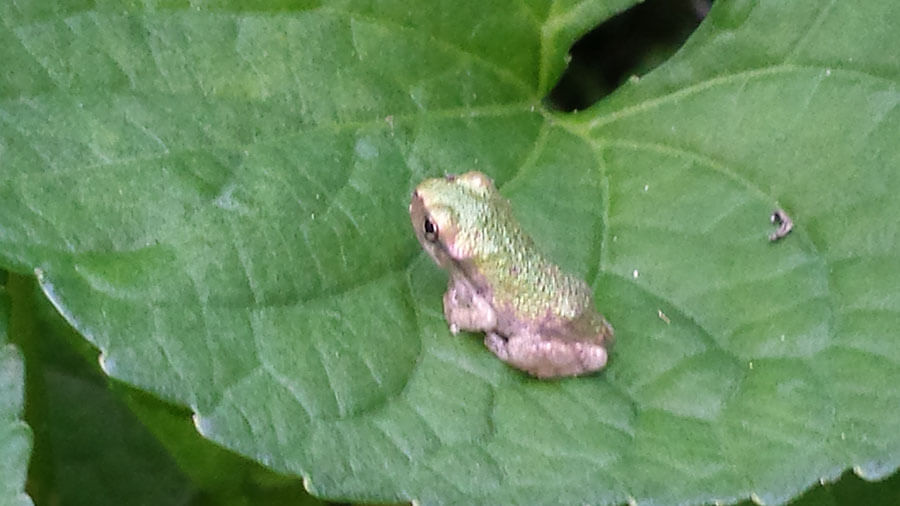Yalobusha Farms isn’t a farm. It’s just what I call the native wildflower meadow that I used to call my front yard and my back yard.
We are Hacha hatak, the river people, now living in the first Eden of the Cherokee, in the shade of hardwoods, at the feet of the mountains, where the rains come.
But we are inside metro Atlanta, near the city of Decatur, and my son cannot wander the countryside like I did as a boy in Mississippi.
I wanted my son to see just a little of what I saw and learned and took for granted as a boy.
And so I planted our front yard with Native American varieties of beans, corn, and squash, and heirloom varieties of tomatoes and peppers and sweet potatoes and Chinese brown cotton. We also planted native flowers and milkweed and pollinator hosts.
In the backyard, we dug a Yalobusha, a tadpole place. We dug it after school together between dirt-clod throwing contests. We dug swamp plants from marshy right of ways and ditches that are bush-hogged from time to time.
The tadpole places are actually mosquitofish ponds with crystal clear water and a population of hungry mouths starving for any mosquito desperate enough to lay eggs there.
The water stays crystal clear because it has macrophytic plants, native edible plants like katniss and elodea and duckweed.
The neighborhood frogs love it and use it for their eggs.
The wildflower meadow hosts and feeds many of the neighborhood’s butterflies and hummingbirds.
